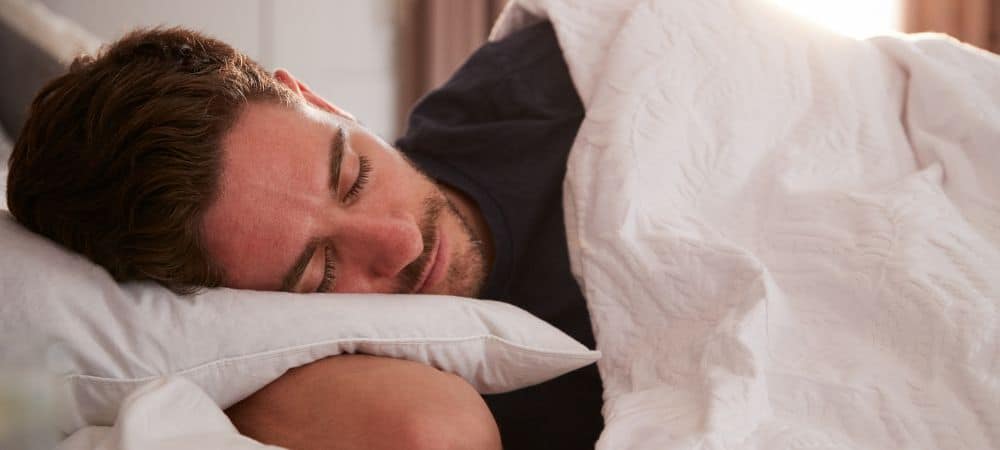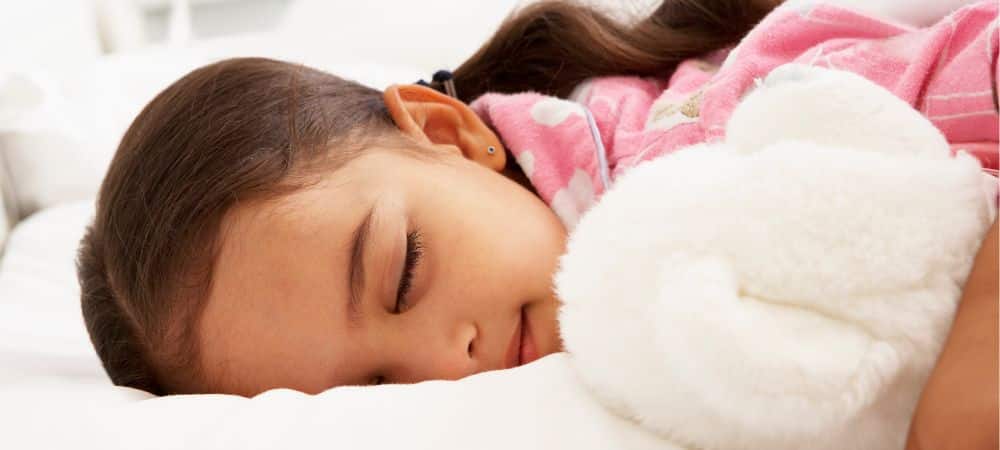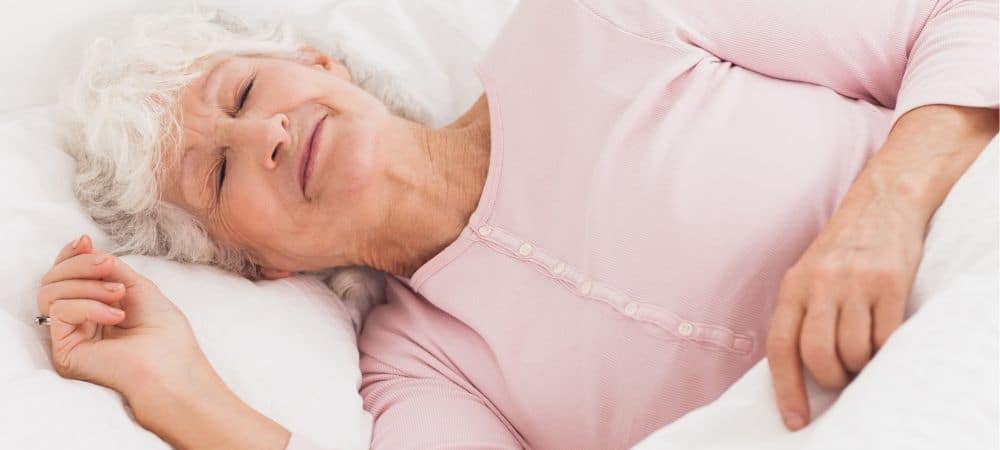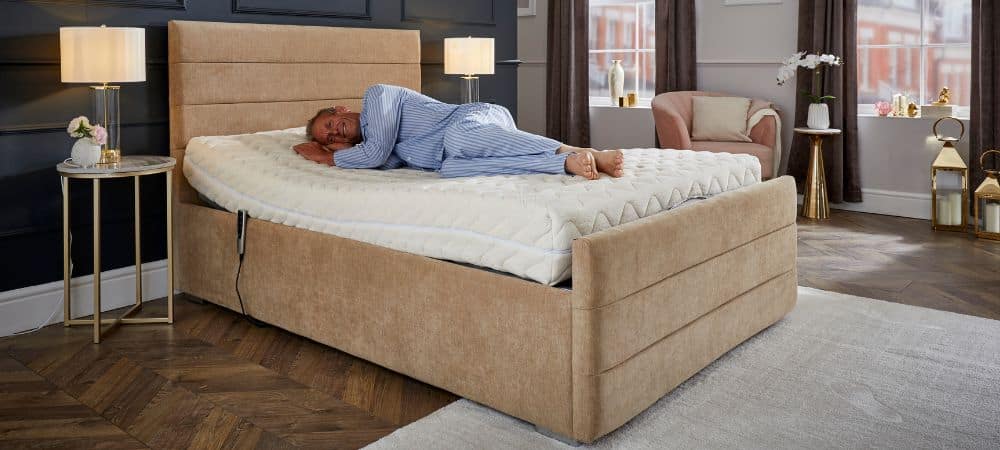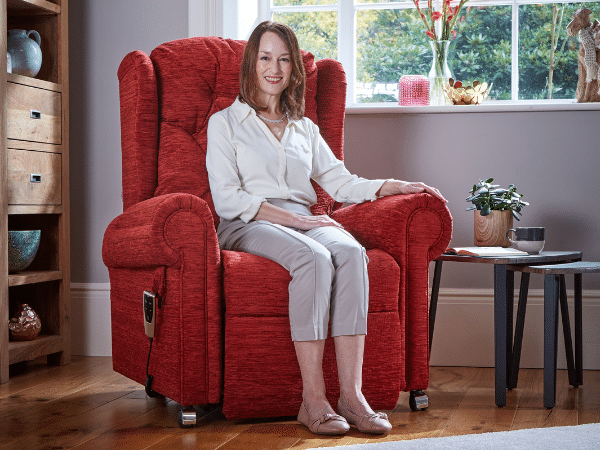How Much Sleep Do We Need as We Get Older?
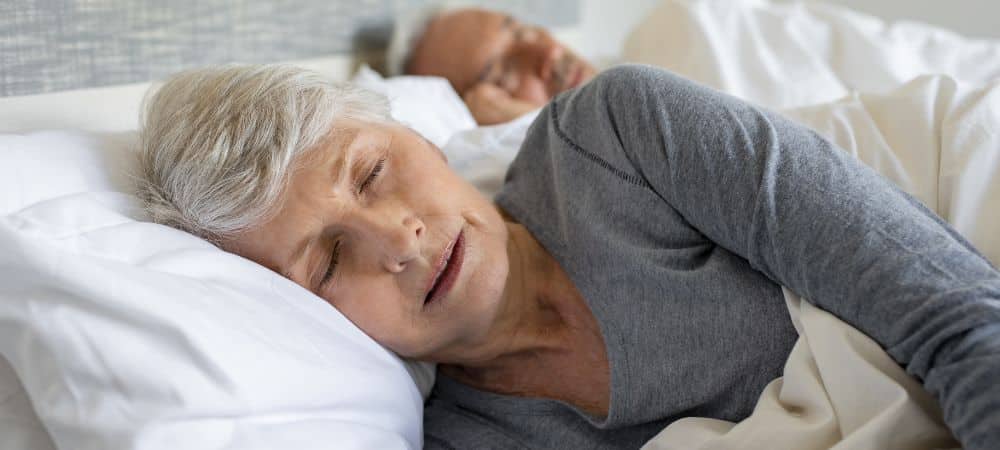
When it comes to sleep, there are countless myths and old tales that circulate. Many of these misconceptions can influence the way we approach our bedtime routines and shape our perceptions of how well we’re sleeping. The reality, however, is that many of these beliefs lack any solid scientific foundation.
One such myth is the idea that we need less sleep as we age. In this blog, we’ll explore whether there’s any truth to this claim and answer the question: do we really need less sleep as we get older?
Medical Research Findings
Numerous studies have been conducted on recommended sleep durations, many of which rely on self-reported data — a method that often results in overestimates. As a result, some findings may appear slightly inconsistent, and of course, a range of variables can influence these outcomes.
Research from the American National Sleep Foundation outlines the following recommended sleep durations by age:
- 0–3 months: 14–17 hours
- 4–11 months: 12–15 hours
- 1–2 years: 11–14 hours
- 3–5 years: 10–13 hours
- 6–13 years: 9–11 hours
- 14–17 years: 8–10 hours
- 18–25 years: 7–9 hours
- 26–64 years: 7–9 hours
- 65+ years: 7–8 hours
Sleeping Hours in Children
It’s widely understood that children generally need more sleep than adults, a fact clearly supported by the data above. Even without delving into scientific studies, the everyday observation that infants and toddlers take regular daytime naps highlights an innate need for more rest. This is hardly surprising, given that children are undergoing rapid cognitive and physical development, which demands ample time for recovery and processing.
In addition, sleep–wake regulation matures quickly during the first year of life. Newborns lack a fully developed circadian rhythm, which is why many parents find themselves awake with their baby during the night. As a result, sleep often occurs in shorter, more frequent periods spread across the full 24-hour day.
Differences as We Age
As most studies suggest, sleep requirements remain relatively consistent after the age of 18. The majority of adults need between 7 and 9 hours of sleep per night, with this range staying fairly stable throughout much of adulthood.
However, a key factor that does change with age is the quality of sleep. While it might seem straightforward to view sleep in binary terms — we’re either asleep or awake — the reality is more nuanced. As we grow older, several factors can influence not just how long we sleep, but how well we sleep:
Circadian rhythm
Much like newborns undergo changes in their circadian rhythm, this internal body clock can become less robust in older age. According to research published in the Journal of Clinical Investigation, this weakening of circadian rhythm can lead to less consistent sleep-wake cycles. Many older adults find themselves naturally drifting towards earlier bedtimes and earlier wake times, often by one to two hours.
Decreased deep sleep
The type of sleep we get is just as important as the number of hours we sleep. Older adults tend to experience a reduction in slow-wave sleep — the deep, restorative phase that supports physical recovery. This means that while a 21-year-old and a 70-year-old may both sleep for eight hours, the older adult is likely to experience significantly less deep sleep, affecting how refreshed they feel.
Melatonin production
Melatonin, the hormone responsible for regulating our sleep-wake cycle, may be produced in lower quantities as we age. This decline can lead to more fragmented or disrupted sleep patterns, making it harder to fall or stay asleep.
External factors
A range of internal and external factors can also affect sleep quality later in life. Health conditions that cause discomfort — such as arthritis or chronic pain — may interfere with restful sleep. This is why many older individuals opt for adjustable beds to improve comfort. Additionally, sleep-related conditions such as sleep apnoea, insomnia, and restless leg syndrome become more common with age, further disrupting healthy sleep patterns.
Conclusion: Do We Really Need More Sleep as We Age?
When everything is taken into account, this particular sleep myth is better described as a semi-myth. It's certainly true that sleep requirements change significantly up to the age of 18. However, after this stage, our sleep needs remain fairly consistent throughout adulthood — with only subtle changes as we enter later life.
The key point is this: we don't necessarily need more sleep as we age, but the quality of our sleep often declines. While some changes, such as shifts in brain chemistry and circadian rhythm, are natural and largely unavoidable, there are several things we can do to improve other factors that influence sleep.
Tips for Improving Sleep as We Age
Consult a doctor
If you're experiencing sleep disturbances due to conditions such as restless legs syndrome or insomnia, it's worth speaking to a healthcare professional. They can offer tailored advice or treatment options to help manage these issues effectively.
Optimise your bedroom environment
As we age, we often become more sensitive to disturbances such as light and noise. Make sure your room is dark, quiet, and at a comfortable temperature. If you're finding it difficult to get comfortable, investing in an adjustable bed could make a significant difference to your sleep quality. Using an adjustable bed can help with a number of sleep disturbances including preventing snoring and relieving discomfort from arthritis.
Establish a routine
A consistent sleep schedule can do wonders for your overall rest. Even if you don't feel tired at a specific time, try to go to bed and wake up at the same times each day. A regular routine helps to reinforce your body’s natural sleep-wake cycle.
Stay active
Regular exercise is a great way to promote better sleep. Physical activity can help you fall asleep faster and enjoy deeper rest. Staying active in older age also contributes to overall health, reducing the risk of medical issues that may disrupt sleep.
Getting a good night’s sleep is vital at any age. If you think an adjustable bed could help improve your comfort and rest, you can book a free, no-obligation home visit with Willowbrook and take the first step towards more peaceful sleep.

